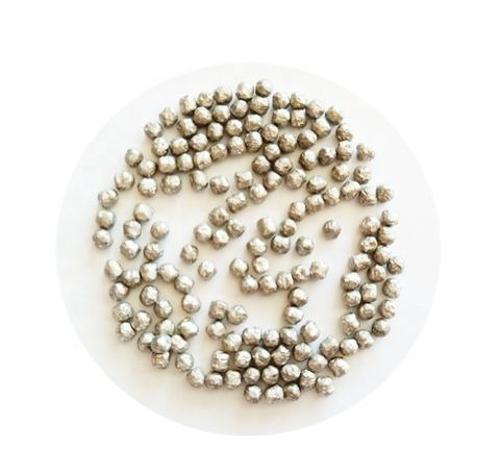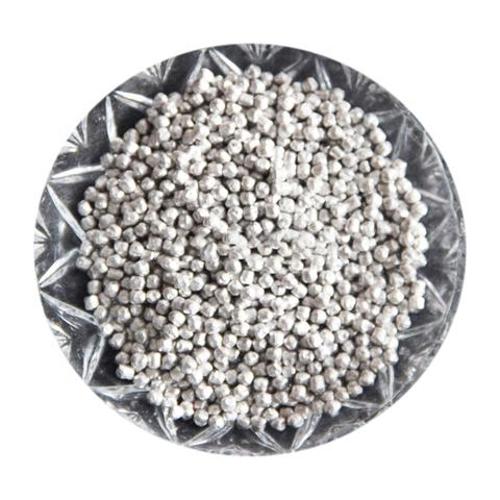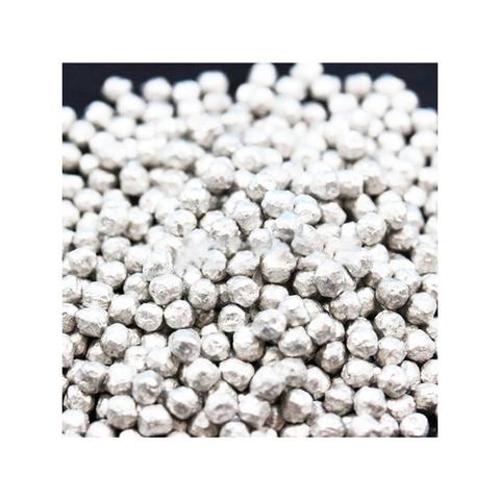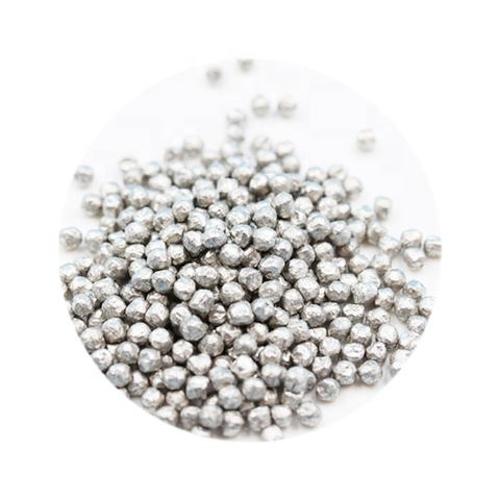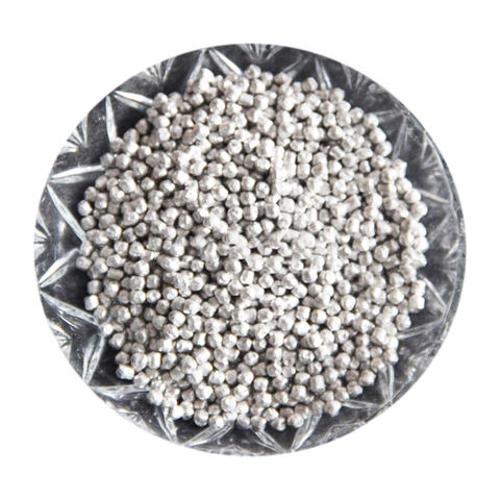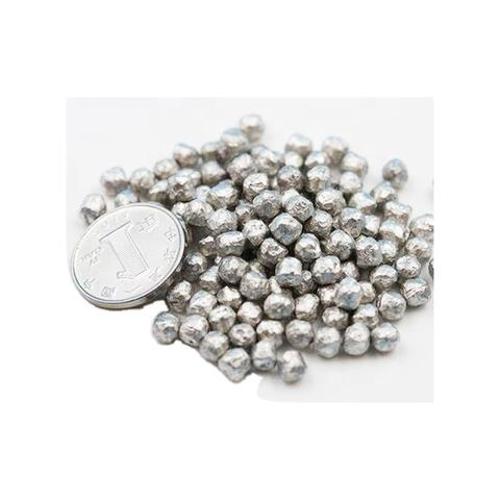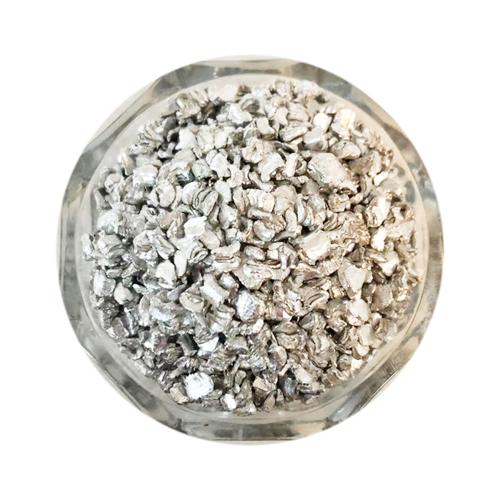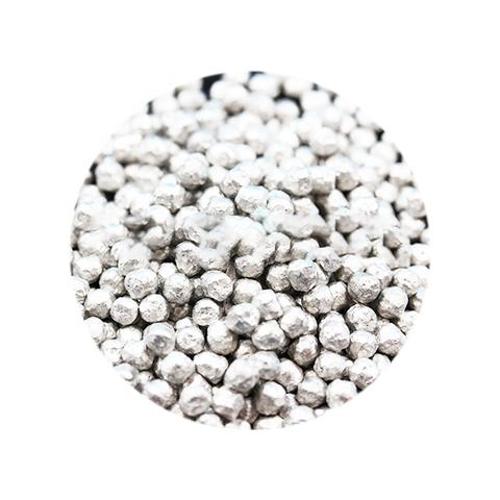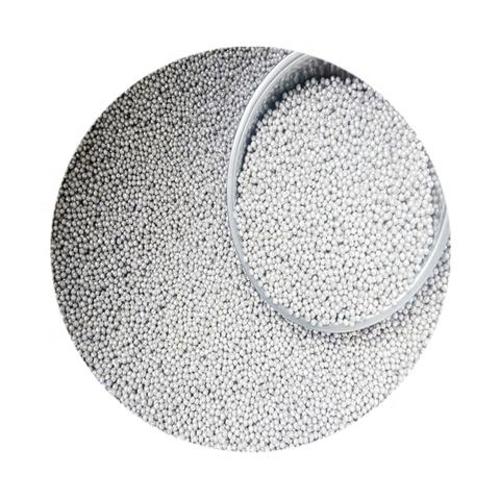Magnesium Pellet
Application areas of magnesium grains
A. Applications in material science
Preparation of light alloys
Aerospace: Magnesium grains are used in the aerospace industry to manufacture aircraft structural components and engine assemblies due to their low density and high strength properties. These magnesium alloy components help reduce overall weight and improve fuel efficiency and flight performance.
Automotive: In the automotive industry, magnesium grains are also used in the manufacture of car bodies, wheels and internal structural components. These applications not only reduce vehicle weight, but also help reduce emissions and improve energy efficiency.
High-performance magnesium matrix composites
Magnesium grains are widely used as a reinforcing phase, blended with carbon fibers or other metals such as aluminum and titanium to prepare composites with superior mechanical properties and corrosion resistance. These materials are commonly used in demanding engineering applications such as structural components of aerospace vehicles and high-speed moving mechanical parts.
B. Applications in the chemical industry
As a reducing agent
Due to their high reactivity, magnesium grains are commonly used as reducing agents in metal extraction processes, especially in the production of difficult-to-reduce metals such as titanium and uranium. The use of magnesium grains substantially increases the efficiency and purity of the extraction of these metals.
Catalyst or catalyst carrier
In chemical synthesis, magnesium particles are used as catalysts or carriers due to their unique surface activity, especially in certain organic reactions, which can effectively promote the reaction process and improve the yield and selectivity.
C. Application in environmental protection field
Wastewater treatment
Magnesium particles are used in wastewater treatment technology, especially in heavy metal adsorption and removal technology. Magnesium particles can effectively capture harmful metals such as lead and cadmium in water-containing bodies and remove these pollutants by forming insoluble magnesium salts.
Clean Energy
Magnesium air batteries: Magnesium particles are used as anode material in magnesium air batteries, which are considered a promising clean energy solution due to their high energy density and low cost. Research and development of magnesium air batteries is expected to provide efficient energy options for remote areas and emergency power sources.

